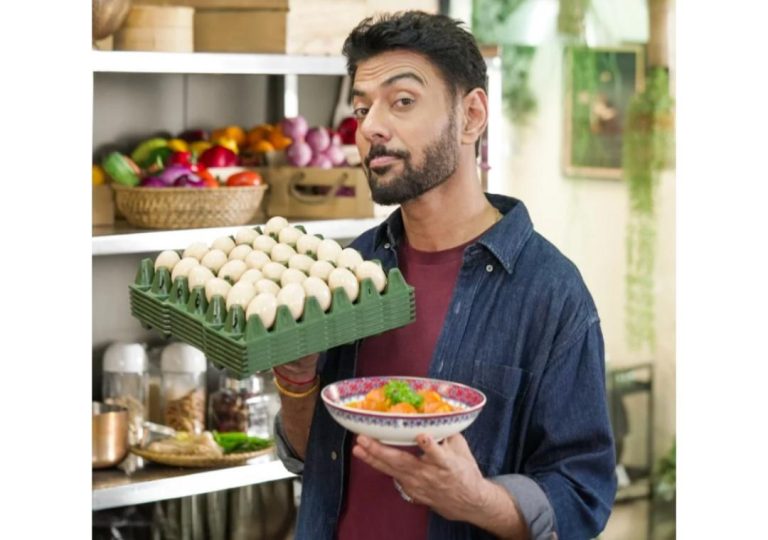
Mother-in-law wanted me to grind spices in traditional way: Farah
Filmmaker Farah Khan has always been known for her bold and outspoken personality. She has never shied away from sharing her thoughts and experiences with the media and her fans. Recently, Farah Khan opened up about the challenges she faced after getting married into a traditional South Indian family. In an interview, Farah shared a hilarious anecdote about her mother-in-law’s expectations from her.
Farah revealed that when she first got married, her mother-in-law expected her to grind spices in the traditional way using grinding stones. According to Farah, her mother-in-law told her, “Grind these [spices] manually, using grinding stones. Don’t grind them in the mixer.” Farah was taken aback by this request and couldn’t help but laugh at the old-fashioned approach.
It’s not surprising that Farah’s mother-in-law would want her to adopt traditional ways, given the rich cultural heritage of South Indian families. Grinding spices is an integral part of Indian cooking, and it’s often a labor of love that requires patience and dedication. However, in today’s modern world, it’s not uncommon for people to opt for quicker and easier methods, such as using a mixer or food processor.
Farah’s experience is a reminder that cultural traditions and values can sometimes clash with modern lifestyles. As a non-South Indian woman married into a traditional family, Farah had to navigate the challenges of adapting to new customs and expectations. It’s clear that she faced some resistance from her mother-in-law, who was keen to see her adopt traditional ways.
This experience is not unique to Farah, of course. Many women who marry into traditional families face similar challenges when it comes to cooking and household chores. Women often have to balance their own expectations and lifestyles with those of their in-laws, which can be a difficult and stressful experience.
In a previous interview on Celebrity Masterchef, Farah spoke about her mother-in-law’s cooking habits, or lack thereof. According to Farah, her mother-in-law has never cooked for her and has always relied on others to prepare meals. This lack of culinary input from her mother-in-law has made it difficult for Farah to navigate the kitchen and make decisions about food.
Farah’s struggles with her mother-in-law’s expectations are a reminder that marriage is often a balancing act. Women who marry into traditional families often have to find a way to navigate the complex web of cultural expectations and personal desires. It’s a delicate balancing act that requires empathy, understanding, and a willingness to compromise.
Despite the challenges she faced, Farah has clearly found a way to navigate her mother-in-law’s expectations and find her own place in the kitchen. Her experience is a valuable reminder that women should never feel pressured to conform to traditional expectations, and that it’s okay to assert their own desires and preferences.
In conclusion, Farah Khan’s experience with her mother-in-law’s expectations is a reminder that cultural traditions and values can sometimes clash with modern lifestyles. Women who marry into traditional families face unique challenges when it comes to cooking and household chores, and it’s essential to find a balance between respecting cultural heritage and asserting one’s own desires and preferences.






